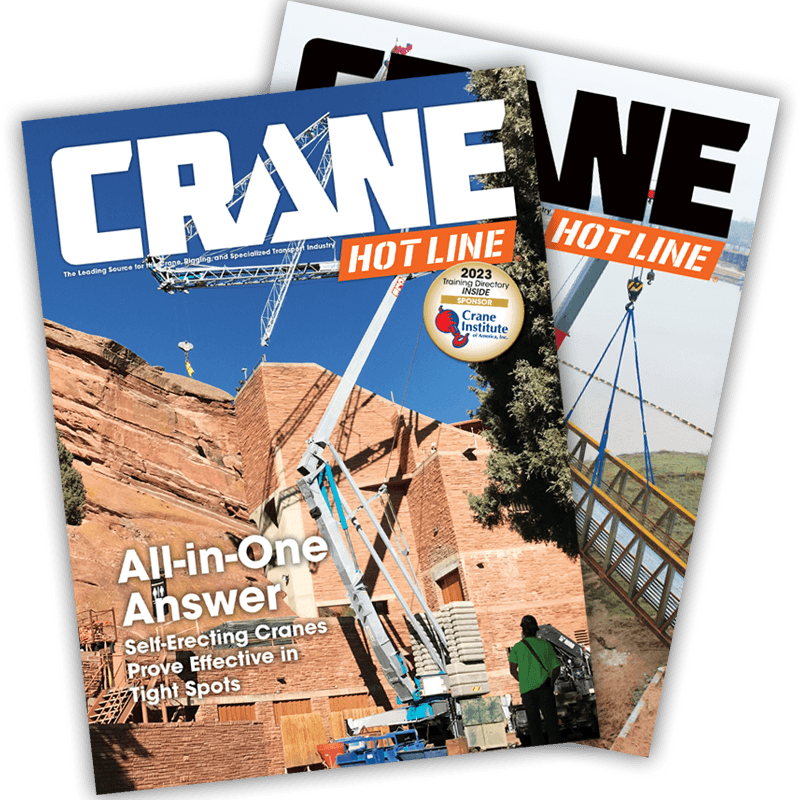Crazy Lead Times
 |
| Guy Ramsey |
May 19, 2005 • After visiting with an independent rental company owner last week I learned that he had just been quoted February 2006 delivery on a new 60-foot telescopic boom lift. Although I am fully aware of the serious backlogs all OEMs are facing, I have to admit that I was taken back by this revelation. In 28 years, I have never heard of lead-times in excess of 9 or 10 months, especially on a product as mainstream as 60-foot straight boom.
This long lead time relates specifically to 60-foot boom lifts fitted with Ford dual fuel engines. I happened to be visiting the Snorkel factory in
Granted, dual fuel equipped machines are steadily becoming a smaller percentage of the total number of units produced, as they fall in popularity to diesel-powered models. But if your application mandates the cleaner burning propane associated with dual fuel, the diesel options does you little good.
Diesel engine suppliers such as Deutz, Perkins, and Cummins are well-entrenched aerial work platform products, and these OEMs have a broad range of acceptable alternatives. But the same is not true for gas engines. Ford has supplied the majority of dual fuel engines for boom lifts and many scissor lifts for years, making the company virtually the sole supplier for this engine type. As a result, the OEMs have been given quantity allocations. Meanwhile, many of these same manufacturers have already sold their entire year's worth of gas-powered engine allotments.
So if you want to buy a dual fuel 60- or 80-foot boom lift, you are pretty much out of luck until next year. There are options, but they cannot provide immediate relief. GMC's White industrial engines are one alternative. Genie Industries uses these engines for some products, but even these engines are in short supply. It appears that Nissan might well benefit the most from this opportunity.
Nissan has built a line of dual fuel industrial engines for a long time, predominantly for industrial lift truck applications. Skyjack, for example, recently turned to Nissan to replace the Ford-supplied engines it had been using in gas-powered scissor lifts. The reason was that Ford had discontinued the production of this particular engine.
If you run a fleet that requires dual fuel powered machines, you had better plan to keep it in service a little longer. If you plan to buy one on the open market, you are going to pay a lot more for it. If you plan to purchase one for a specific application and don't already have one ordered, you better plan on making other arrangements. This is definitely a problem that will get worse before it gets better.


